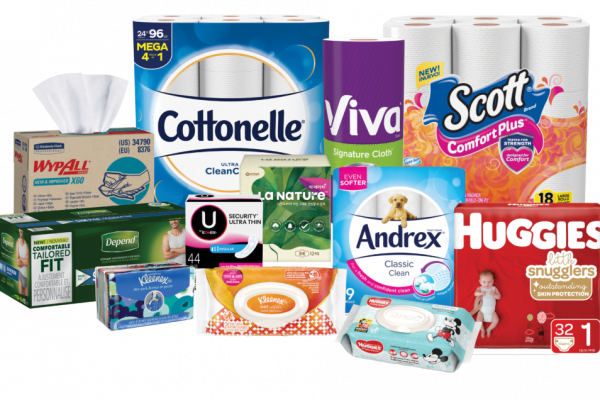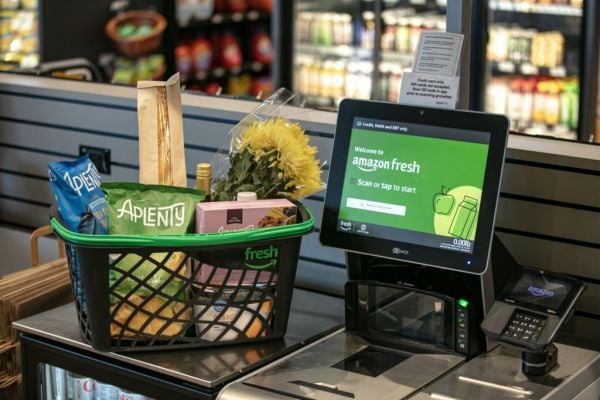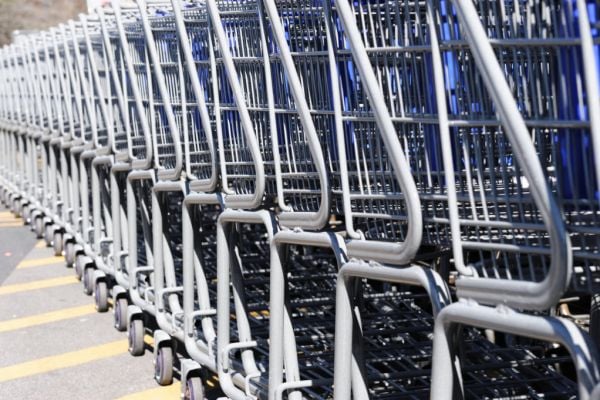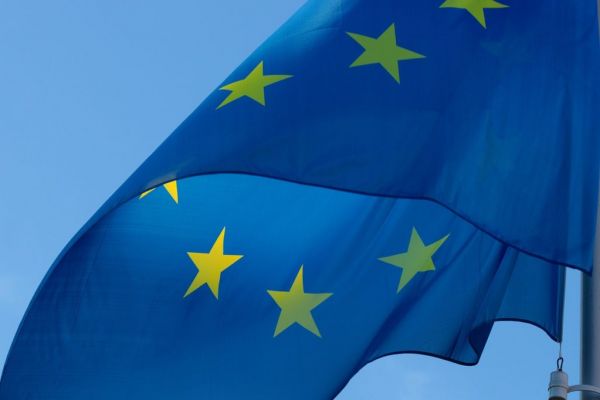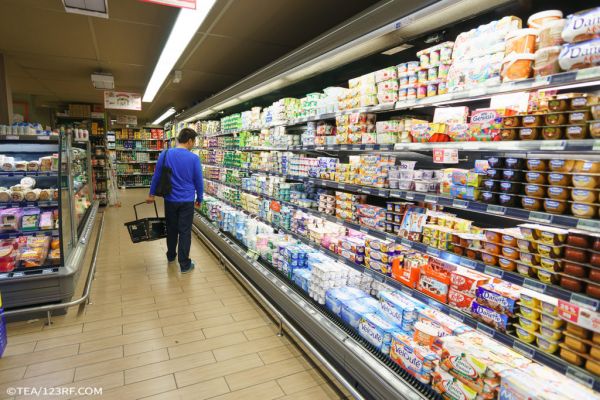European stocks climbed and U.K. bond yields rose while New Zealand’s dollar surged the most in four months after the central bank raised interest rates. Asian stocks retreated from the highest close in six years and oil rallied a second day.
The Stoxx Europe 600 Index added 0.1 percent by 8:12 a.m. in London as Euronext delayed the opening of cash markets half an hour due to a connectviity issue. The MSCI Asia Pacific Index fell 0.3 percent after the highest close since June 2008. Standard & Poor’s 500 Index futures were little changed. The kiwi climbed at least 1.2 percent against 31 major peers after the Reserve Bank of New Zealand increased interest rates and signaled more tightening. Ten-year gilt yields added two basis points, brent rose 0.6 percent and nickel slipped 0.8 percent.
The U.S. reports on initial jobless claims and retail sales, while a report is forecast to show a pick up in European industrial production after the World Bank cut its outlook for global growth yesterday. Euronext, operator of equity markets in France, Portugal, Belgium and the Netherlands, said markets would open at 9:30 a.m. Paris time. after some members were unable to send orders. Stocks have retreated since the market value of global equities hit an all-time high of $64.96 trillion on June 10.
“We’re going to see a bit of a downside following a slide in U.S. equities,” Chris Weston, chief market strategist at IG Ltd. in Melbourne, said by phone. “A pullback in developed markets would be very positive as it will help bring fresh money in. Unless we see the fundamental picture dramatically changed, we are unlikely to see a huge correction.”
Shares Slide
The Dow Jones Industrial Average dropped 0.6 percent and the S&P 500 slipped as investors considered equity valuations. The S&P gauge trades at 16.4 times the projected earnings of its members, up from a multiple of 14.8 -- its lowest valuation this year -- at the beginning of February.
The Stoxx Europe 600 Index dropped yesterday from its highest close since January 2008. About two stocks climbed for each that fell today.
The MSCI Asia Pacific Index advanced 4.8 percent to 144.55 this quarter through yesterday. Samsung Electronics Co., Commonwealth Bank of Australia and SK Hynix Inc. have been the three biggest supports to the measure. The Asia-Pacific gauge trades at 13.2 times estimated earnings compared with a three- year average of 12 times.
Japan’s Topix retreated from its highest close since Jan. 29 amid speculation the Bank of Japan will refrain from expanding stimulus at a meeting that starts today, diverging from the European Central Bank that unveiled record easing last week. Today was the fourth straight day that Japanese benchmark 10-year bonds began trading late, signaling liquidity in the world’s largest debt market is drying up.
Wheeler Comments
Hong Kong’s Hang Seng Index fell 0.4 percent and a gauge of Chinese companies listed in the city tumbled 0.8 percent. Australia’s S&P/ASX 200 Index fell 0.3 percent and the so-called Aussie fluctuated after the country reported a surprise drop in employment. South Korea’s Kospi index retreated 0.2 percent as the central bank left rates unchanged.
Reserve Bank of New Zealand Governor Graeme Wheeler raised the developed world’s highest benchmark borrowing cost to 3.25 percent from 3 percent and said there’s a need to contain inflation expectations. The currency jumped 1.4 percent to 86.67 U.S. cents, the biggest advance since Feb. 4.
“This was a much more hawkish outcome than the market had expected” from the RBNZ, said Imre Speizer, a market strategist at Westpac Banking Corp. in Auckland. Gains in New Zealand’s currency and interest-rate swaps will probably be sustained, he said.
Oil Climbs
WTI for July delivery climbed 35 cents to $104.75 a barrel in New York. The contract settled at $104.41 on June 9, the highest close since March 3. Prices have increased 6.3 percent this year.
Brent for July settlement rose 60 cents, or 0.6 percent, to $110.55 a barrel on the London-based ICE Futures Europe exchange. It expires tomorrow.
Treasuries climbed for the first time in four days yesterday, driving down the 10-year yield by 1 basis point to 2.63 percent. U.S. government securities had been falling since the Labor Department reported June 6 that U.S. employers added more than 200,000 jobs for a fourth month in May.
Yield ‘Magnet’
Bill Gross, manager of the world’s largest bond fund, said German bund yields at almost the least versus their U.S. peers this millennium were “a magnet” to lower Treasury yields.
Corn futures slipped 0.1 percent today. Corn fell to a four-month low as the U.S. government said global supplies will be bigger than analysts estimated. Rising grain supplies are helping to keep global food costs in check, with the United Nations saying that world prices fell in May for the second straight month.
Wheat gained 0.6 percent. Through yesterday, the grain slumped 20 percent from a 14-month closing high on May 6, the typical definition of a bear market. The U.S. is the world’s top exporter.
Bloomberg



